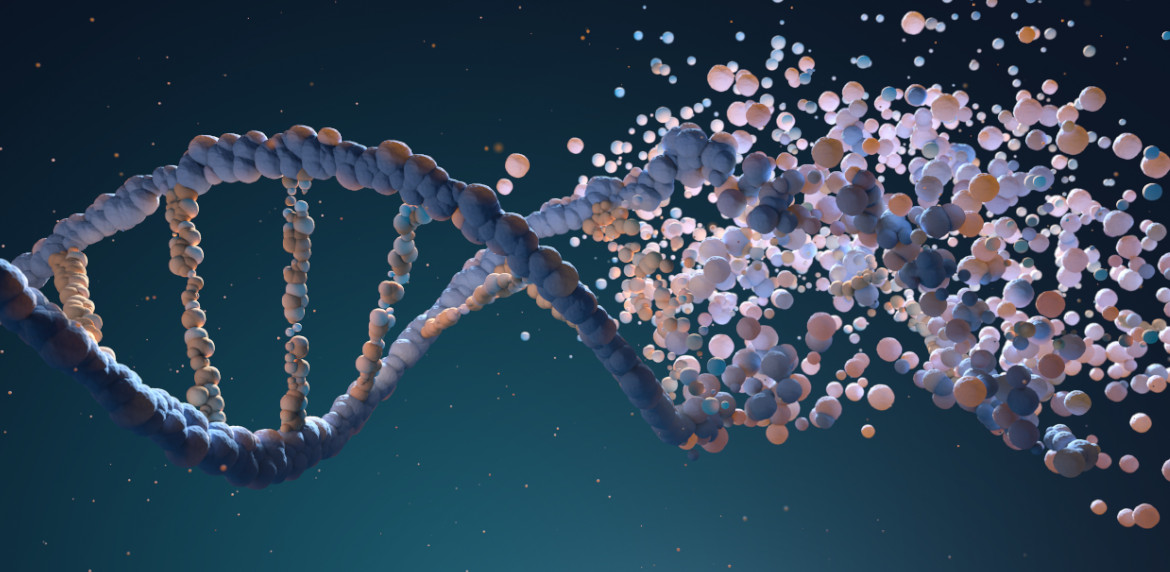

BRCA1/BRCA2
Genetic Heredity Test
BRCA1 and BRCA2 are human genes that produce tumor suppressor proteins. These proteins help repair
damaged DNA and, therefore, play a role in ensuring the stability of each cell’s genetic material.
When either of these genes is mutated, or altered, such that its protein product is not made or does
not function correctly, DNA damage may not be repaired properly. As a result, cells are more likely
to develop additional genetic alterations that can lead to cancer.
Specific inherited mutations in BRCA1 and BRCA2 most notably increase the risk of female breast and
ovarian cancers, but they have also been associated with increased risks of several additional types
of cancer. People who have inherited mutations in BRCA1 and BRCA2 tend to develop breast and ovarian
cancers at younger ages than people who do not have these mutations.
A harmful BRCA1 or BRCA2 mutation can be inherited from a person’s mother or father. Each child of a
parent who carries a mutation in one of these genes has a 50% chance (or 1 chance in 2) of
inheriting the mutation. The effects of mutations in BRCA1 and BRCA2 are seen even when a person’s
second copy of the gene is normal.
Who should consider genetic testing for BRCA1 and BRCA2 mutations?
Because harmful BRCA1 and BRCA2 gene mutations are relatively rare in the general population, most
experts agree that mutation testing of individuals who do not have cancer should be performed only
when the person’s individual or family history suggests the possible presence of a harmful mutation
in BRCA1 or BRCA2.
The United States Preventive Services Task Force recommends that women who have family members with
breast, ovarian, fallopian tube, or peritoneal cancer be evaluated to see if they have a family
history that is associated with an increased risk of a harmful mutation in one of these genes (15).
Several screening tools are available to help health care providers with this evaluation (15). These
tools assess personal or family history factors that are associated with an increased likelihood of
having a harmful mutation in BRCA1 or BRCA2, such as:
• Breast cancer diagnosed before age 50 years
• Cancer in both breasts in the same woman
• Both breast and ovarian cancers in either the same woman or the same family
• Multiple breast cancers in the family
• Two or more primary types of BRCA1- or BRCA2-related cancers in a single family member
• Cases of male breast cancer
What are some of the benefits of genetic testing for breast and ovarian cancer risk?
There can be benefits to genetic testing, regardless of whether a person receives a positive or a
negative result.
The potential benefits of a true negative result include a sense of relief regarding the future
risk of cancer, learning that one's children are not at risk of inheriting the family's cancer
susceptibility, and the possibility that special checkups, tests, or preventive surgeries may not
be needed.
A positive test result may bring relief by resolving uncertainty regarding future cancer risk and
may allow people to make informed decisions about their future health care, including taking steps
to reduce their cancer risk. In addition, people who have a positive test result may choose to
participate in medical research that could, in the long run, help reduce deaths from hereditary
breast and ovarian cancer.
The best protection is early detection.